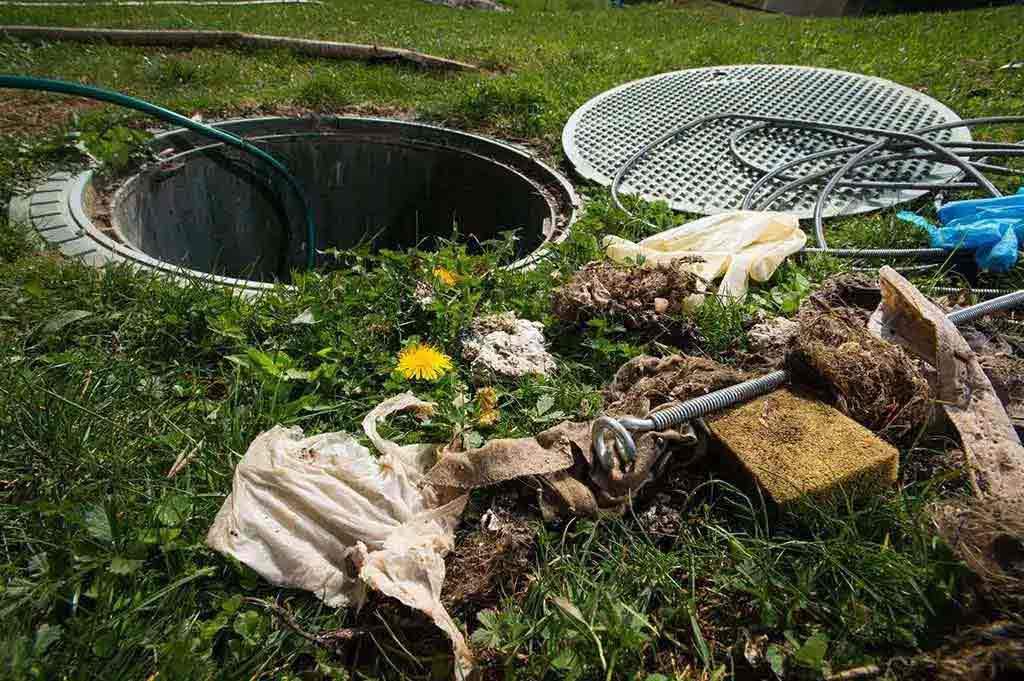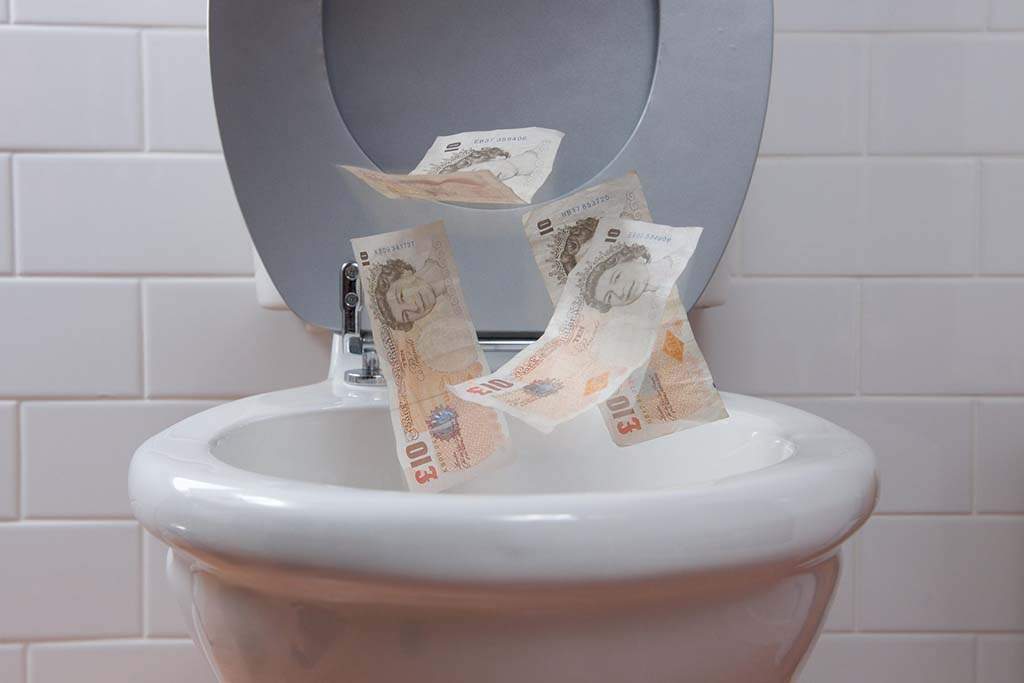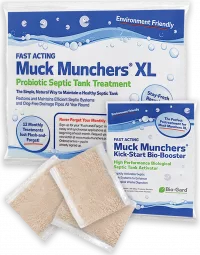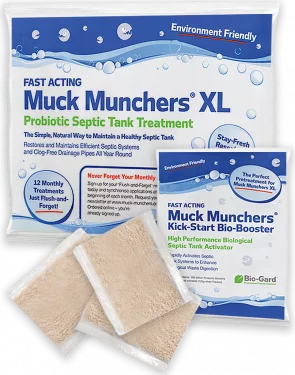Your Septic System – What Not to Flush Into It!
If you’ve installed a septic tank, just inherited one as part of the new property you’ve bought or rented we have a few tips for you. Chances are that if you’ve never been the proud owner of a septic system before then you’re likely keen to know more about how your septic system works and what not to flush into your septic system.
The bottom line to remember is this – your septic tank system isn’t a bottomless pit or repository. It’s got limits and it’s only ever able to soak up and drain away specific solids and liquids. Therefore, if you’re keen to make the most of your tank and don’t want to have to shell out for endless costly pump-outs time after time, you’re going to need to keep an eye on what goes in.
The last thing you want or need is a septic tank system that simply doesn’t do its job. That’s going to be a big health hazard, and importantly, it means you’ll have nowhere to flush into. No one has the time to muck around with blocked up septic tank systems – and prevention, if you ask us here at Muck Munchers, is much more effective than the cure.

Why Should You Care About ‘What Not To Flush Into Your Septic System’?
That’s nice and easy – your septic tank, while useful, isn’t a miracle worker. That means it’s not going to be able to digest absolutely everything you throw into it, no matter how good your intentions might be. Therefore it’s really important that you care about what not to flush into your septic system.
Ultimately, your septic system thrives on bacteria. Bacteria might be harmful to us in some ways, but in others, they’re massively helpful. Without bacteria in your septic system, your waste is going absolutely nowhere, and that means it’s going to clog up in layers of sludge and immovable waste that are going to stop your septic tank from draining out properly.
Whether you have a traditional septic tank or a more modern package sewage treatment plant, letting your tank build up undigested organic waste, inorganic waste and chemical deposits will, time and again, starve or destroy those all-important bacteria.
If your bacteria are unable to break down the waste in your septic system, they’ll die off and your waste is going to pile up. Effectively, you are left with a hole in the ground that’s clogging up with all kinds of muck and sludge.
So, yes – you should care about what goes into your septic system. If you don’t, you’re going to end up in a world of trouble. Trust us on this one – you should amend your flushing habits in line with your septic system demands. If you’re new to running any kind of septic tank, this might seem like an uphill struggle at first. However, the fact is, you will grow to adapt to septic flushing – millions have, and you’ll soon find that this slight adaptation is going to save you time and money over the years to come.
What Not To Flush Into Your Septic System
This is where we cover what’s known in the trade as the 3 Ps – Pee, Poo, and Paper.
Nice and simple – you should ideally only be flushing organic waste into your septic system, as this is what your bacteria will be able to break down. Unless you have a bidet installed it’s expected you’ll need to flush paper of some form or other into your tank, too.
However, this is where some distinctions come into play. You should ideally only be flushing toilet paper, in manageable amounts. Many of us use far too much paper when paying a visit, in which case, if you’re taking on a tank, you should perhaps start monitoring your usage. You could try using a toilet paper calculator. That’s going to save you money in terms of paper buying as well as in terms of septic tank maintenance. Just because bacteria can eat through toilet paper, doesn’t mean they can handle enormous, mountainous wads of it. Go easy on them!

Frequently Asked Questions
In Summary
There may be exceptional cases where you are going to need to pump out your septic tank. However, you can mitigate the number of times you pump out by adding new bacteria to your tank, as well as ensuring you are only flushing appropriate items down through to the tank.
Muck Munchers are fantastic at preparing your tank for as few pump-outs as possible. It might seem easy enough to just pump out your tank every so often but – it costs a hundred pounds plus a time to pump out a septic tank, and that’s dependent too on the scale of the job at stake. It’s much cheaper, and easier, for you to just flush responsibly and to regularly add Muck Munchers biological septic tank treatment into the mix.
If you would like to know more about how Muck Munchers work and how to get the best out of your septic tank system do read How to Care For Your Septic Tank System, which is packed with useful information to ensure the best septic system maintenance.










